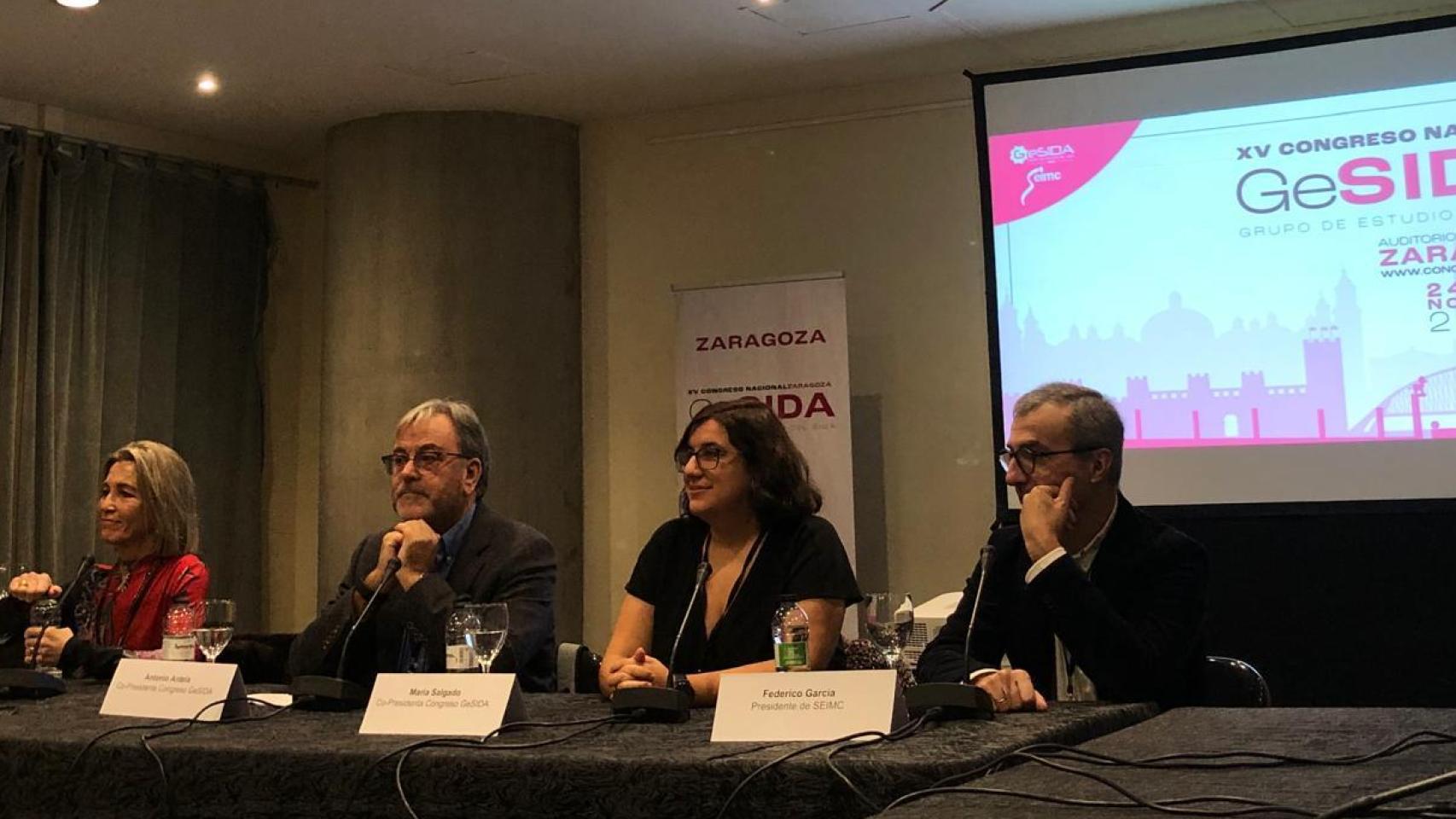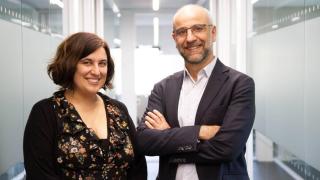Scientists call for increased prevention

HIV continues to be a major public health problem in Spain. Despite significant improvements in the treatment of the virus since the first cases were reported 40 years ago. Despite this, On average, more than 3,000 cases of HIV are still diagnosed in Spain.
Among these new diagnoses 48.7% are diagnosed late, especiallyamong people over 50 years of age (61.5%) and during heterosexual transmission, in which it affects 58.7% of men and 53.5% of women. “We still have a long way to go. PrEP helps, but not as much as we would like,” said Dr. Rosario Palacios, president of Gesida, at a presentation held Tuesday in Zaragoza.
With such a high number of infections, experts say more thorough screening of the population is needed: “The first challenge we continue to face is to insist on screening, on diagnostic tests, without discrimination and in front of the entire population.“said Dr. Palacios.

For this reason, special attention was paid vulnerability of migrants, women and heterosexual practices “unaware of the risk of contracting HIV.” “Generalization and coverage of a larger portion of the population through testing is necessary to diagnose earlier and try to eliminate this hidden group of infected people who do not know they are infected and who continue to fuel the epidemic,” he concluded.
With this in mind, they consider prevention one of the keys to reducing morbidity. So they gave some clues like increased use of condoms, prior use of retroviral treatment to prevent HIV infection and, above all, health education.. “We need to teach people how to have safe relationships, and that needs to be done in schools. There is a real lack of training in infectious diseases right now,” explained Antonio Antela, co-chair of the GeSida Congress.
Seven people cured of HIV have been taken as role models to reach the 39 million people suffering from the disease in the world: “This is a very aggressive stem cell transplant. Thanks to this, they opened new doors for research, although It is impossible to give an exact date; there is still a lot of work to do.” said Maria Salgado, co-president of the GeSid Congress.
Pasteur Institute
Increase in STIs
HIV was not the only topic discussed in this presentation; the focus was on the youngest people, a group vulnerable to new sexually transmitted infections. Dr. Palacios emphasized new increase in cases of chlamydia, syphilis and gonococcus (gonorrhea). As specified, Aragon follows this upward trend.
“It’s about young subjects, is closely related to the use of “hemesex”, that is, drug use in the context of sexual relations. This is a new problem in our environment, but it should also be remembered,” the doctor emphasized.
The XV GeSida Congress runs from last Sunday to Wednesday in the capital of Aragon and brings together more than 600 national and international experts to discuss the main achievements and controversies in the fight against HIV.
